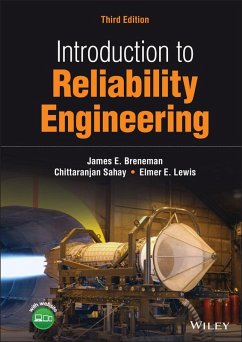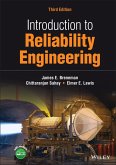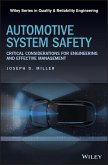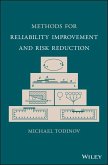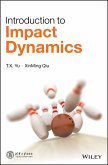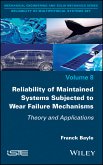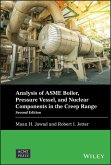Introduction to Reliability Engineering A complete revision of the classic text on reliability engineering, written by an expanded author team with increased industry perspective Introduction to Reliability Engineering provides a thorough and well-balanced overview of the fundamental aspects of reliability engineering and describes the role of probability and statistical analysis in predicting and evaluating reliability in a range of engineering applications. Covering both foundational theory and real-world practice, this classic textbook helps students of any engineering discipline understand key probability concepts, random variables and their use in reliability, Weibull analysis, system safety analysis, reliability and environmental stress testing, redundancy, failure interactions, and more. Extensively revised to meet the needs of today's students, the Third Edition fully reflects current industrial practices and provides a wealth of new examples and problems that now require the use of statistical software for both simulation and analysis of data. A brand-new chapter examines Failure Modes and Effects Analysis (FMEA) and the Reliability Testing chapter has been greatly expanded, while new and expanded sections cover topics such as applied probability, probability plotting with software, the Monte Carlo simulation, and reliability and safety risk. Throughout the text, increased emphasis is placed on the Weibull distribution and its use in reliability engineering. Presenting students with an interdisciplinary perspective on reliability engineering, this textbook: * Presents a clear and accessible introduction to reliability engineering that assumes no prior background knowledge of statistics and probability * Teaches students how to solve problems involving reliability data analysis using software including Minitab and Excel * Features new and updated examples, exercises, and problems sets drawn from a variety of engineering fields * Includes several useful appendices, worked examples, answers to selected exercises, and a companion website Introduction to Reliability Engineering, Third Edition remains the perfect textbook for both advanced undergraduate and graduate students in all areas of engineering and manufacturing technology.
Dieser Download kann aus rechtlichen Gründen nur mit Rechnungsadresse in A, B, BG, CY, CZ, D, DK, EW, E, FIN, F, GR, HR, H, IRL, I, LT, L, LR, M, NL, PL, P, R, S, SLO, SK ausgeliefert werden.

